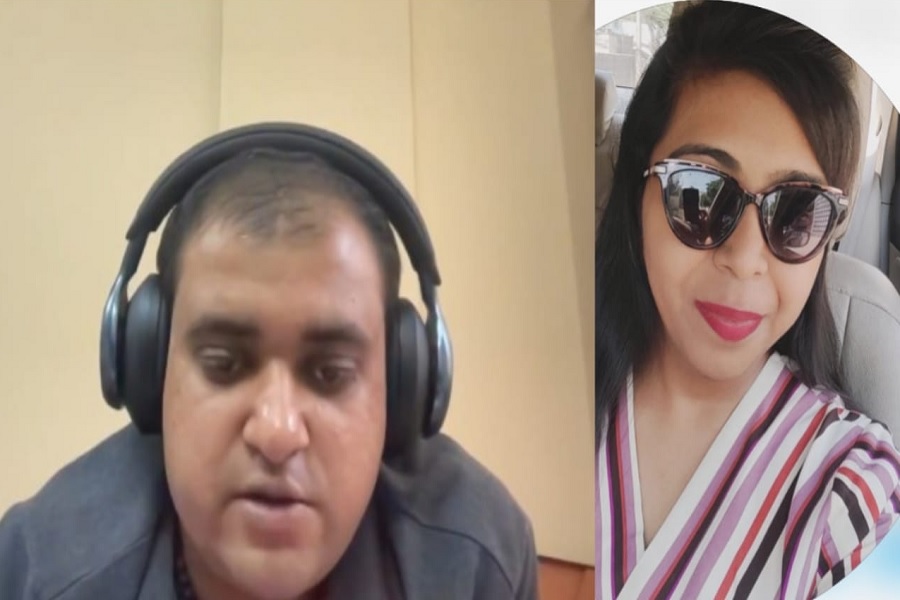The unfortunate case of atul Subhash case full story, a technology professional based in Bengaluru, has ignited significant discourse regarding the interplay between individual disputes and systemic deficiencies. Atul’s tragic decision to end his life, as documented in a 24-page letter and several videos, highlights the considerable emotional and financial pressures he faced before this drastic action.
Background and Family Disputes
Atul Subhash was engaged in a challenging marital relationship with his spouse, Nikita Singhania. His suicide note suggests that their relationship had deteriorated into a sequence of legal confrontations and demands for financial settlements. Nikita purportedly requested substantial amounts of money, including ₹3 crore to cease legal actions and ₹30 lakh for visitation rights to their child. The note further alleged that she filed eight baseless legal cases against him, exacerbating his distress.
Allegations of Judicial Corruption
Compounding his difficulties, Atul’s note pointed to a family court judge, Rita Kaushik, as being implicated in corrupt behaviors. He accused the judge of soliciting bribes to manipulate the proceedings. Specifically, he alleged that the judge and a clerk required a bribe of ₹5 lakh to resolve the case and an additional ₹3 lakh to organize hearings. Atul’s refusal to comply reportedly resulted in threats of unfavorable rulings, including a substantial monthly alimony of ₹80,000 to Nikita.
Systemic Failures
Atul’s videos express his dissatisfaction with the judicial system, which he perceived as biased and ineffective in delivering justice. He mourned the absence of support for men in comparable situations and outlined the emotional burden of prolonged legal disputes. His call for equitable treatment resonates with many individuals who have encountered similar challenges.
Public Reaction and Social Media Outcry
Atul’s suicide, alongside the insights from his note, triggered widespread outrage on social media. Numerous individuals criticized the judicial system and demanded accountability from those named. There were also calls for action against Nikita, who is employed at Accenture. The company’s social media platforms were inundated with demands for her dismissal, leading to the temporary suspension of their Twitter account.
The Aftermath
In the wake of Atul’s death, his brother, Bikas Kumar, lodged a police complaint against Nikita and her relatives. The Bengaluru police have registered a First Information Report (FIR) against Nikita, her mother, brother, and uncle under clauses concerning abetment of suicide. Atul’s family has requested a thorough investigation to ensure the accountability of those responsible.
A Call for Change
The case of Atul Subhash transcends personal tragedy and serves as a mirror to broader societal and systemic issues. It underscores the pressing need for reform in family law, increased accountability within the judiciary, and enhanced support systems for individuals embroiled in similar circumstances.
The incident has reignited discussions about gender dynamics in legal disputes and the mental health challenges confronting men under societal and judicial pressures. As the investigation progresses, numerous stakeholders are hopeful that it will yield justice for Atul and initiate essential systemic reforms to avert comparable tragedies.
This blog seeks to deliver a comprehensive overview of Atul Subhash case full story situation based on accessible public information. For ongoing updates, please refer to credible news sources.

No responses yet